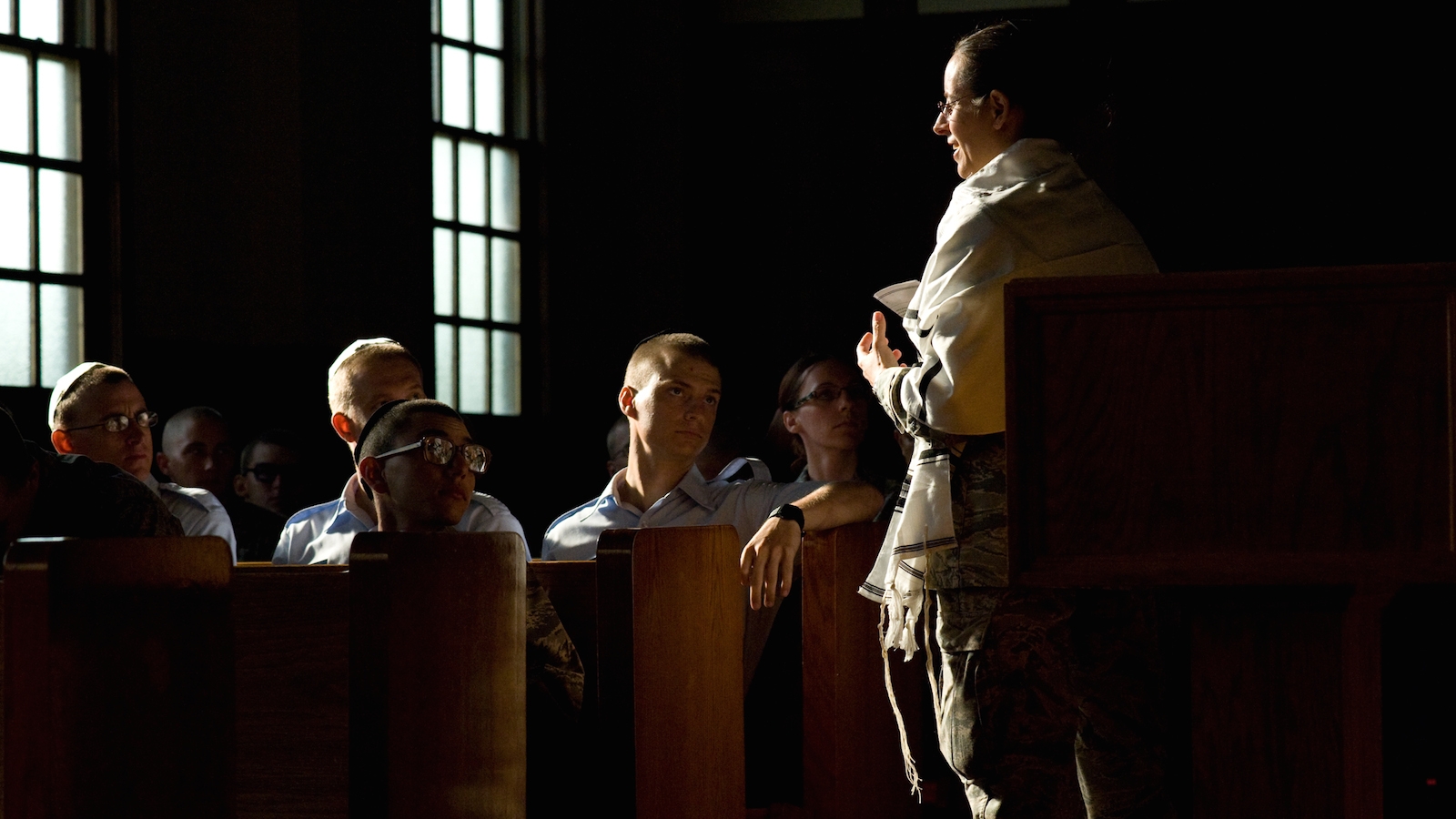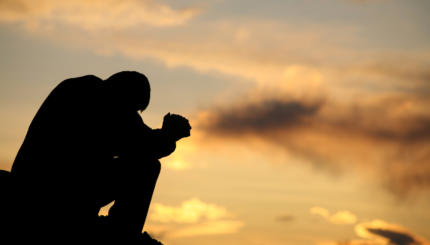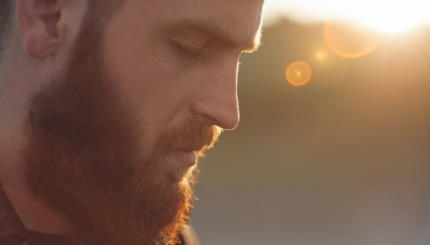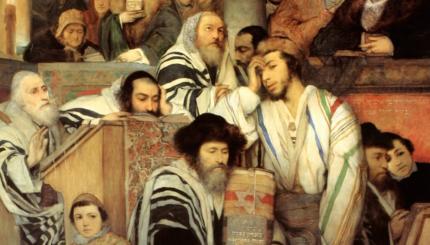Choosing a synagogue is a highly personal decision. The author recommends speaking to synagogue members and leaders to find out important information about the synagogue, and using that information as one component of deciding on a synagogue. The following is a suggested list of questions to ask.
Members of the Community
- Who belongs to the shul? Is it a community of young families, empty nesters, singles, or a blend?
- Does the synagogue view itself as being multi-generational, or are different “interest groups” (families, older adults) more represented than others?
- How many family units does it have?
- To which movement or denomination, if any, does the synagogue belong? How “typical” of that movement is the synagogue, and in what ways does it differ from others in that movement?
- How many of the congregation’s families are intermarried? How are intermarried families integrated into the community?
- Are openly gay, lesbian, and bisexual members welcomed into the community with their families?
- Where do its members live? Is there a tightly knit neighborhood around the synagogue or are members more geographically spread-out?
- Who is on the professional staff (including clergy)?
- Where were the clergy trained? Are they accepted members of professional organizations?
- How many people attend an average service? Holiday service? Weekday lecture, adult-learning, social event, or other synagogue program?
Prayer and Worship
- What is its schedule of prayer services?
- What type(s) of prayer services are available? (Larger synagogues may have multiple services in different styles and targeting different groups.)
- Is there separate seating for men and women? If so, what kind of arrangement (mehitzah/partition or balcony) is it?
- Are women included in opportunities to lead services, read , and perform other ritual functions?
- Are there children’s services on Shabbat and holy days?
- What is the balance of Hebrew and English in the service?
- What is the style of the service?
- Does the rabbi give a sermon every week, and if so, what style does he or she employ?
- How much music or singing is included among the prayers, and are any instruments played?
- Are services led by a professional cantor or led by lay leaders?
- Are there opportunities to learn about the liturgy and/or to study how to lead prayers?
- Are services “kid-friendly”? Will members, or the rabbi, be upset if a young child is fussy during services? Do teens have opportunities to read from the Torah or lead services even after they come bar/bat s?
Observance of Jewish Law
- Is the facility kosher? What are its policies regarding food consumed on the premises?
- To what extent does the synagogue observe Shabbat and holidays in its facility? Does it allow the use of electricity? Do members drive to synagogue?
- What is the range of observance among congregants?
- Is the synagogue welcoming to families at differing levels of observance?
Education for Children
- Does the synagogue have a Hebrew School?
- What grades does the school include? How many hours per week are students in classes?
- What subjects are covered, and what are the teachers’ qualifications?
- Is there a bar/bat mitzvah preparatory program?
- Are there educational opportunities for children after their bar/bat mitzvahs?
Programming
- Does the synagogue offer adult education programs? Are there classes in learning Hebrew or Torah study?
- Does the synagogue offer education and resources for potential converts?
- Are there youth groups and other social opportunities for children and teens?
- Is there a sisterhood and/or brotherhood?
- Does the synagogue feature guest lectures or scholar-in-residence programs?
- Does the synagogue hold social events for different groups, like singles or young couples?
Social & Political Issues
- Does the synagogue hold itself to environmentally friendly policies regarding recycling, water-usage, lighting choices, and the like?
- Does the synagogue have a specific political or religious position in relation to Israel? Is there an Israel-interest group through the synagogue?
- Does the synagogue take part in any regularly scheduled (weekly, monthly, annual) social action activities (feeding the homeless, assisting in building projects, food collection)?
- Do the rabbi and/or others often speak from the pulpit about political issues? If so, what are their political leanings and what issues are most central to them?
Costs & Fees
- How much are dues and how are they paid?
- Is there a building fund payment required? What is the schedule for its payment?
- Is financial aid available? Is the process respectful?
- If there is a Hebrew School, how much does it cost?
- Do member need to pay extra for tickets to High Holiday services?
Accessibility
- Is the facility accessible to persons of all physical abilities? Are there ramps in and out of the building, elevators to all floors, and a variety of seating options? Is there reserved seating for care-givers at holidays, too?
- Is the bimah (stage-like area housing the Torah in its ark, from which services are often led) accessible by those using wheelchairs or walkers?
- Is there plenty of handicapped parking set aside?
- Are arrangements available for the education of children and teens with learning and/or developmental disabilities? Are they included within the synagogue’s school(s)? How are they trained for bar/bat mitzvah services?

Help us keep Jewish knowledge accessible to millions of people around the world.
Your donation to My Jewish Learning fuels endless journeys of Jewish discovery. With your help, My Jewish Learning can continue to provide nonstop opportunities for learning, connection and growth.



